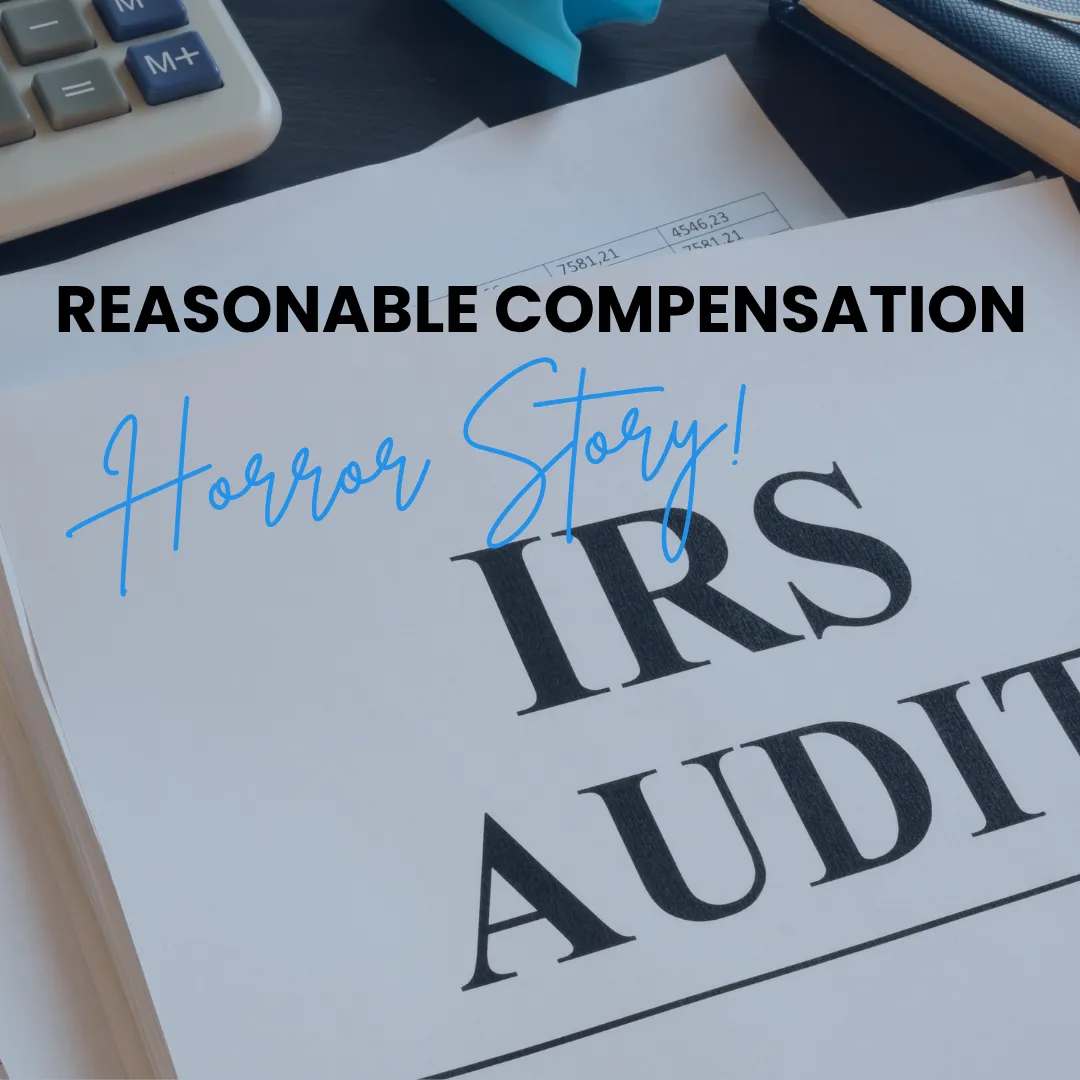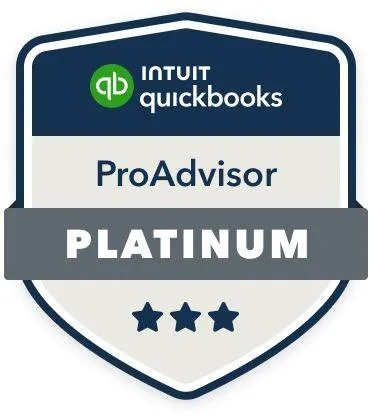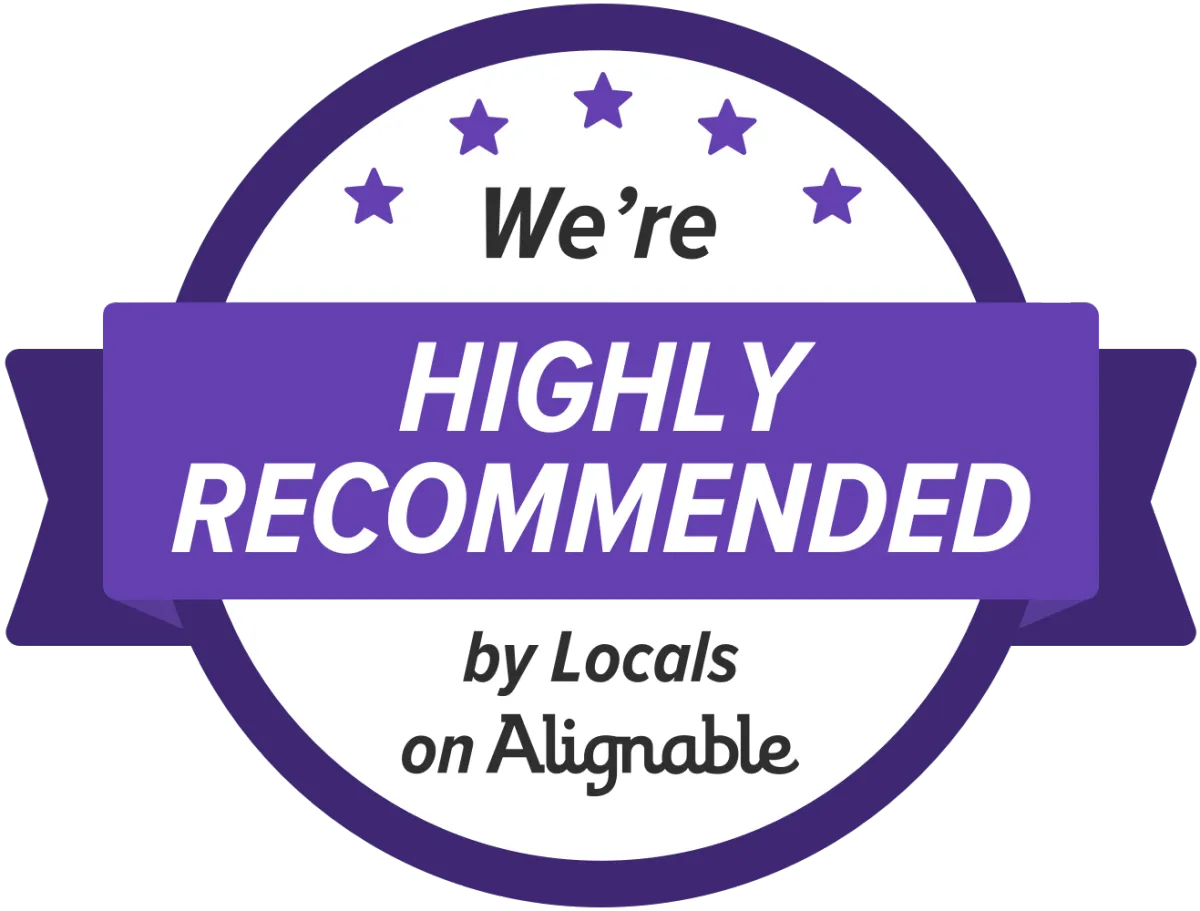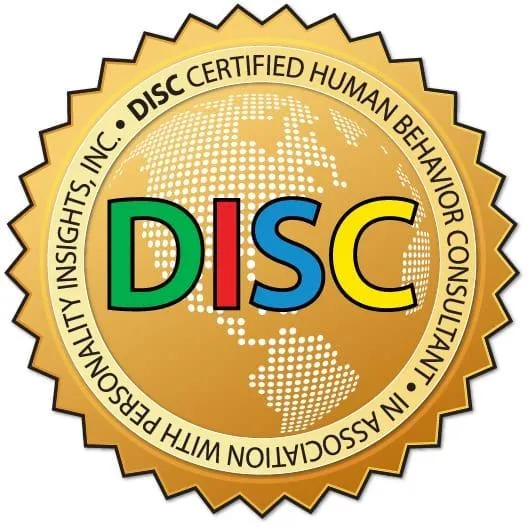Reasonable Compensation Horror Story

“I’m not going to take any reasonable compensation.”
“The IRS has never challenged my client’s compensation figures.”
If any of these thoughts resonate with you, it’s time for a reality check. S-Corp audits may feel like urban legends until they happen to you. The truth is that S-Corp audit risks are on the rise, and ignoring the warning signs can cost you more than you think.
The Setup:
Meet our S-Corp protagonist
Tax Year: 2020
Business: Personal shopper and delivery service
Structure: Single shareholder S-Corp, with no other employees
Compensation: $0 paid as reasonable compensation
Distributions: $45,000
Despite their CPA’s advice to take reasonable compensation, the shareholder outright refused, citing a reluctance to pay more taxes. It’s a common sentiment but not a wise one.
In this case, the IRS noticed something unusual. Their specialty payroll group, part of the Small Business/Self-Employed division, flagged the case for a payroll audit. This triggered an investigation to determine if the shareholder was avoiding payroll taxes by disguising income as distributions.
The IRS examiner proposed recharacterizing the entire $45,000 in distributions as wages. According to IRS guidelines, wages must be subject to payroll tax, amounting to:
Payroll Tax (15.3.%): $6,885
Penalties and Interest: Approximately 2.5 times the payroll tax, totaling about $20,000 for 2020.
For most taxpayers, this financial hit would already sting. The examiner hinted at plans to audit the taxpayer’s next two years, 2021 and 2022, where distributions were much higher (around $200,000 each year).
The IRS isn’t randomly picking S-Corps for audits. In 2024, there’s been a spike in reasonable compensation challenges. With increased funding and new hires, the IRS is targeting shareholders who avoid paying themselves a fair salary or take low wages while withdrawing high distributions.
This taxpayer’s mistake wasn’t just failing to take reasonable compensation. They also underestimated the IRS’s power to recharacterize distributions and assess back taxes.
The main takeaway is simple: be proactive. The risk of an S-Corp audit grows when shareholders fail to document and justify their reasonable compensation. IRS guidelines emphasize that reasonable compensation should match:
What the Shareholder Actually Does: For example, a CEO working full-time should earn more than a part-time general manager.
How Gross Receipts Are Generated: If most income comes from non-shareholder employees or capital assets, the shareholder’s compensation should reflect only their personal contributions.
Here are a few steps to protect yourself:
Run a Reasonable Compensation Report Every Year: Preparing a report ensures you have solid documentation for your compensation. Include details like your job description, time worked, and industry benchmarks.
Work with a CPA or Tax Professional (like us!): A qualified professional can help you calculate reasonable compensation and anticipate potential audit triggers in your financials.
Don’t Make Assumptions: Even if you’ve never been audited, complacency can be costly. With the IRS focusing more on reasonable compensation issues, treat every year like it’s a potential audit year.
By following these steps, you can lower your chances of an S-Corp audit and keep your business compliant, saving you time, money, and stress.
This story isn’t just about taxes. It’s about the ripple effects of poor decisions. For the taxpayer, ignoring their CPA’s advice could lead to tens of thousands in penalties.
The good news? Avoiding these risks is simple. Partner with Your Favorite CPA so you can calculate reasonable compensation based on credible research and arm yourself with the documentation needed to satisfy IRS examiners.
Ask a Question




STAY INFORMED
Let us help put your money back where it belongs!
Get exclusive offers and secrets for cutting your tax and keeping your cash with our tax-filing and planning strategies
Visit our Location
610 Palo Pinto St, Weatherford, TX 76086
Give us a Call
(817) 596-8060
Send us a Message
Extra Navigation
Opening Hours
Monday - 9:00 - 5:00
Tuesday - 9:00 - 5:00
Wednesday - 9:00 - 5:00
Thursday - 9:00 - 5:00
Friday - By Appt Only
Saturday & Sunday - CLOSED
Client Portal Access:
To provide the highest level of service and dedicated attention to matters for all of our clients, time blocking has been implemented at this firm. Your Favorite CPA is committed to responding to inquiries within two business days for those that are on a subscription plan. All other inquires will be handled as soon as possible (typically within 4-5 business days).
Copyright © 2026 Michelle A. Thomas, CPA, PLLC,
Your Favorite CPA, All rights reserved.
